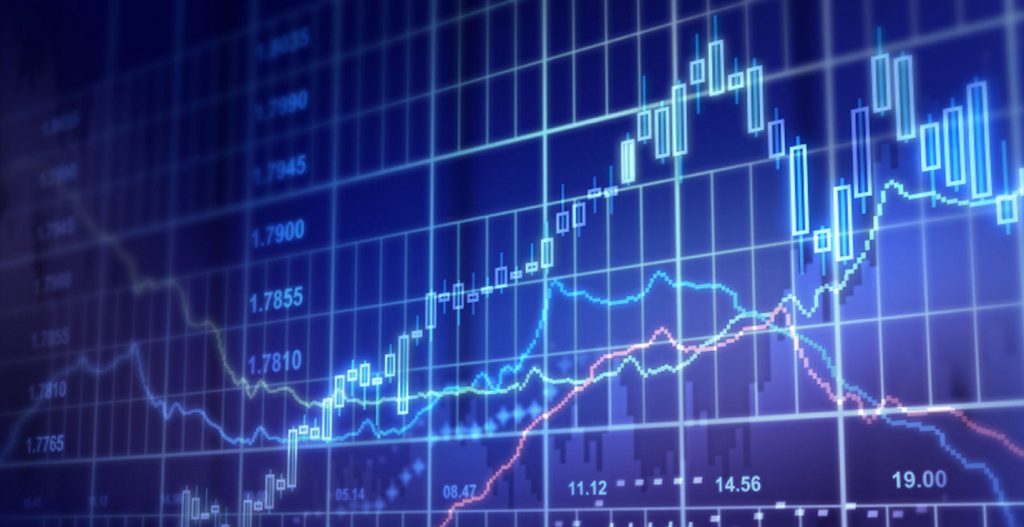Presently, the active traders and investment professionals are beginning to gain more knowledge on maneuvering through every trading platform. The U.S. stock market contributes to about 54.5% of the global market share. As such, investors can now access a wide range of trading tools available for the foreign exchange market and the blue-chip stocks.
For you to settle on either of these two markets, you will need to consider a few factors to help you make the right decision. Ultimately, it all boils down to the investor’s particular strategy when it comes to trading. The ability to withstand risk is also another relevant element that comes into play.
Essentially, investors who prefer to buy and hold would generally choose to center their activities in the stock trading market. On the other hand, traders who focus on short term goals might be more inclined to go for forex since their prices are a bit more volatile. Day, traders and swing traders also fall within this category.
Forex vs. Blue Chip Stocks
The forex and etf market is the largest financial platform globally, which comes as no surprise since it averaged a daily turnover of $6.6 trillion in 2019 alone. The main reason why the foreign exchange market draws in so many traders is its 24-hour trading and high liquidity.
It also lets those participating to gain tremendous leverage as well. Conversely, blue chips stocks refer to the stocks owned by prominent and financially successful firms. The main benefit of these stocks is that you can still gain some profit even when the economy isn’t doing well.
Additionally, you get to enjoy dividends, usually rolled out at the end of a financial year. The main difference here is that they aren’t that volatile as the other types of financial investments. They also work to promote a reliable growth pattern to your portfolio as an investor. Take a look at these differences between blue-chip stocks and forex investments.
The Volatility Aspect
Volatility is essentially the behavior of prices over a short time. Day traders heavily rely on volatility to make a profit as the prices keep swinging. However, other traders don’t necessarily want to take such a significant risk.
They opt for less volatile investments. This is the main reason why buy and hold traders prefer investing in blue chips, while forex trading appeals more to short-term investors.
The Leverage Factor
Leverage is among the most crucial considerations for any trader. For instance, in the U.S., traders prefer to have 2:1 leverage when it comes to stock trading. In the foreign exchange market, leverage can be as high as 50:1 and could also get higher.
However, leverage isn’t always a good thing. Although it promises high returns for a relatively low investment, it can even spell doom if things don’t go your way.
Trading Times
As a trader, you have to factor in the times that trading works best. Stock trading sessions have specific exchange hours, typically between 9.30 a.m. to 4 p.m. EST. It runs for five days, from Monday to Friday except on holidays.
The foreign exchange market is a little different. It is always active all through from Friday at 5 p.m. EST to Sunday 5 p.m. EST. It opens from Sydney, Australia through to Tokyo and New York.
